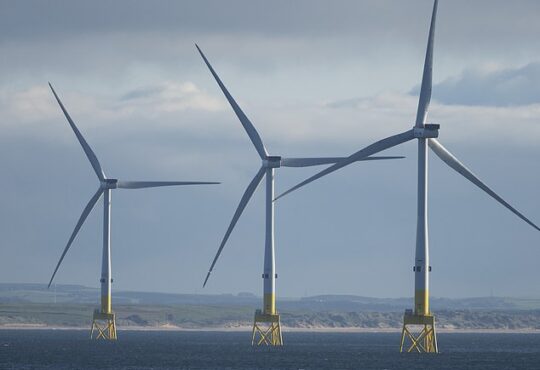
Its recently released first-quarter results showed a continued improvement in performance.
The company’s operating profit rose from €9m in the first quarter of last year to €68m in the same period of this year.
Passenger numbers rose by 8.6pc year-on-year, with passenger capacity increasing by 7pc and passenger load factor up by 1.6 percentage points to 83.1pc.
Passenger yield, meanwhile, was 2.4pc higher than in the same period of the previous year.
This impressive performance highlights an improvement in the company’s operating conditions, with it reporting strong demand across its variety of airlines.
This is unsurprising, since the economy’s outlook has significantly strengthened over recent months.
Annual inflation in the UK, for example, has fallen by 640 basis points in the past year so that it now stands at a relatively modest 2.3pc.
This puts less pressure on disposable incomes, thereby providing consumers with greater scope for spending on discretionary items such as air travel.
Indeed, global passenger demand rose by almost 14pc in March, according to the International Air Transport Association (IATA).
It forecasts that worldwide passenger numbers will increase by over 10pc this year and by a further 9pc next year as the industry finally surpasses pre-Covid levels of performance.
IAG, as well as the broader airline industry, is also set to benefit from interest rate cuts that are moving ever closer.
They should not only stimulate the economy, but prompt investors to rethink their somewhat cautious stance towards perceived risky, cyclical companies such as airlines.
Indeed, shares in British Airways’ owner currently trade on a price-to-earnings ratio of just four.
This suggests they offer an exceptionally wide margin of safety that could equate to significant capital growth over the coming years.
In tandem, the company’s overall risk is falling. In its latest quarterly update, it reported that net debt had declined by 20pc so that it now stands at €7.4bn.






